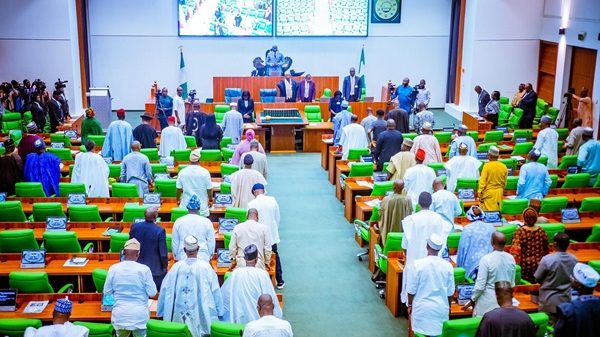Airtel Africa has reported a consolidated net profit of $ 7 million for the first quarter of its 2025 financial year ending June 2024 against a $ 170 million loss in the year-ago period.
Its net profit was primarily impacted by the $ 80 million of exceptional derivative and foreign exchange losses (net of tax) and lower Ebitda due to significant currency devaluation across key markets, Airtel Africa said.
It had reported a loss of $ 91 million for the fourth quarter ended March 2024 on account of tax impact and forex loss.
“Strong fundamentals and focussed execution continue to support operating performance despite challenging macro-economic environment,” the company, which operates in 14 African countries, said.
The company’s consolidated revenue fell 16 per cent in Q1 FY25 to $ 1,156 million from $ 1,377 million a year ago.
The decline in revenue reflects the impact of currency devaluation, particularly in Nigeria, the company said.
“We have initiated a comprehensive cost optimisation programme across the Group. We have already seen success in this project, with savings arising in network and distribution costs, and continued opportunities as contract renegotiations continue. We expect sustainable savings to continue as the year progresses,” said Airtel Africa CEO Sunil Taldar.
Airtel Africa has fully repaid the outstanding debt due at the HoldCo during Q1, he said, adding that the company is trying to further reduce foreign currency exposure to limit the impact of currency devaluation on the business.
“The growth opportunity across our markets remains compelling, and we continue to focus on margin improvement as indicated in our FY24 results,” Taldar said.
The company’s Ebitda margins tanked to 45.3 per cent from 49.5 per cent in the year-ago period.
“Reported currency trends were clearly impacted by the FX headwinds across some of our markets, particularly in Nigeria and Malawi. This contributed to a reported Group revenue and Ebitda decline of 16.1 per cent and 23.3 per cent, respectively, in Q125,” the company said.
Its total customer base grew by 8.6 per cent to 155.4 million.
“Data customer penetration continues to rise, driving a 13.4 per cent increase in data customers to 64.4 million. Data usage per customer increased by 25.1 per cent to 6.2 GBs, with smartphone penetration increasing 4.7 per cent to reach 41.7 per cent,” the company said.
![]()



























































